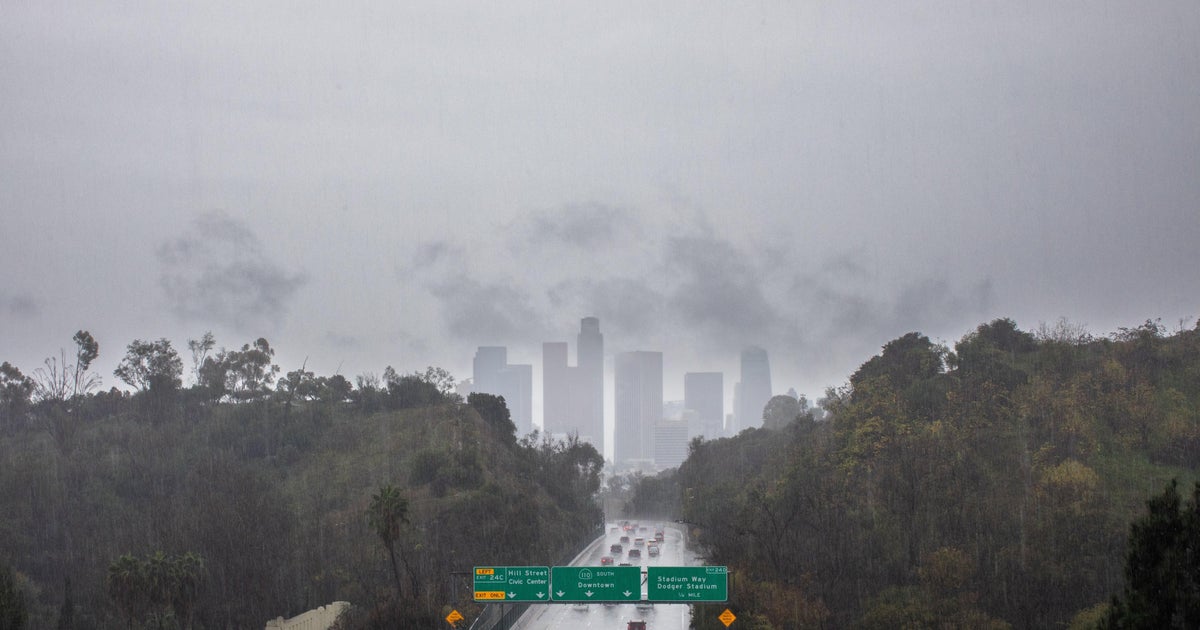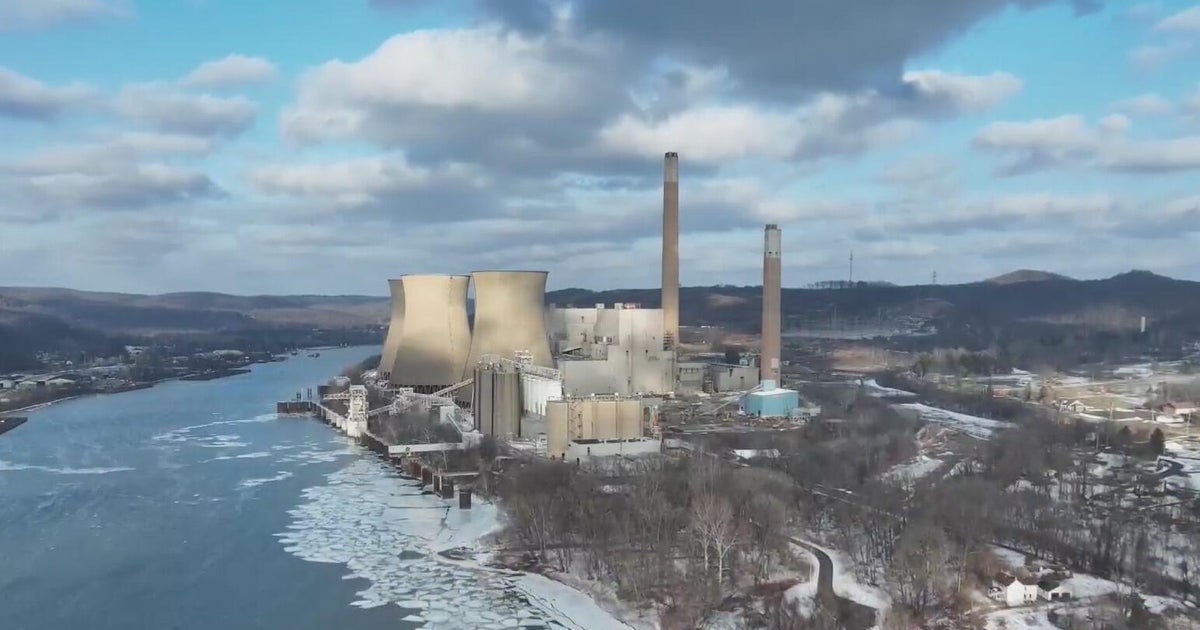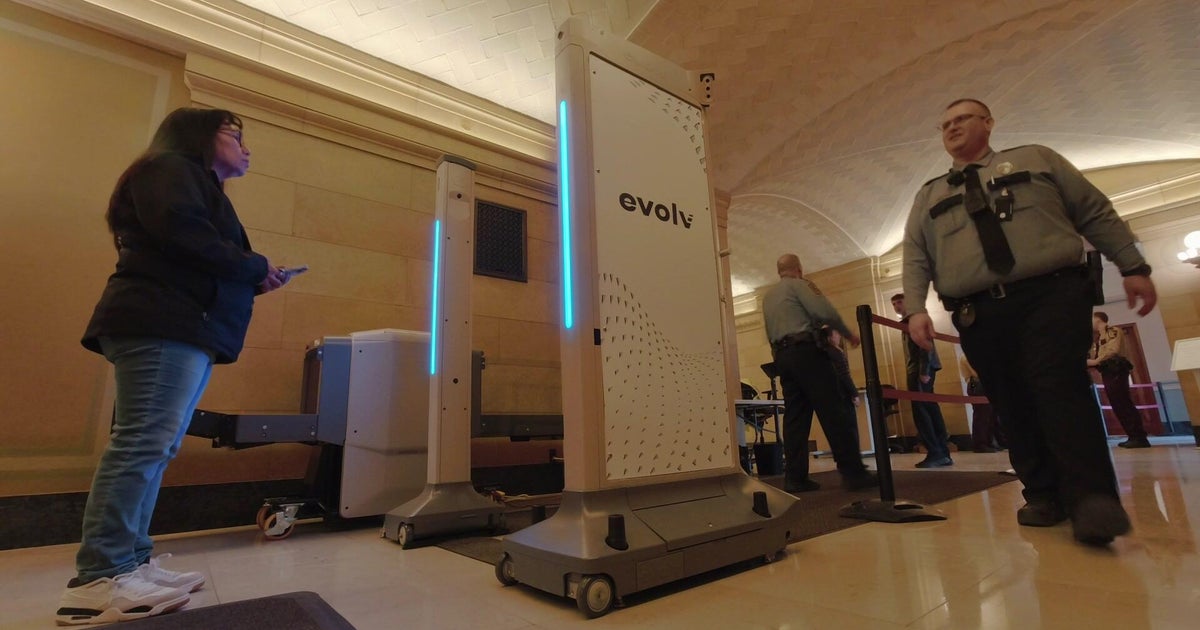Artificial intelligence being used to answer questions about sea level rise
BALTIMORE - Sea levels are rising due to the effects of global warming, posing a serious threat to coastal life around the world, as flooding becomes more frequent and storms become more intense.
The Chesapeake Bay is one of the most vulnerable regions in the nation.
"It's very urgent," said Dr. Vandana Janeja, from the the University of Maryland, Baltimore County. "There's even a society of concerned scientists that has done a study where they've seen many of the communities getting impacted by 2035."
Related
- 'AI can be a friend or a foe:' As we become more reliant on artificial intelligence, focus should be on balance, expert says
- Maryland researchers are working to curb biases, inequity in Artificial Intelligence
Dr. Vandana Janeja is the Director of iHARP, a research institute studying the polar regions, funded by the National Science Foundation.
It brings together more than 75 scientists, researchers and collaborators from more than 20 organizations, including nine universities, and it's based at UMBC.
"Our future will be different. We can't go back to the past," said Mathieu Morlighem, co-director of iHARP from Dartmouth College. "Especially when it comes to sea level rise. We can't regrow these ice sheets, but we can slow down how far they're melting, and that will buy us time."
Polar scientists are working side-by-side with artificial intelligence specialists to forecast changes in the Arctic and Antarctic, to answer key questions about sea level rise.
"Many times we see AI as this solution for everything. But how we use it will make the impact, much like any other technology," Dr. Janeja said. "The better we understand the technology, the better data we can create for it, and the better we can train ourselves to understand it."
Now, iHARP is using artificial intelligence and machine learning to process huge volumes of real-world data that's been collected over the course of decades.
"I'll give you an example. How many pictures do you have on your phone? If you had to find a picture of yourself on a beach from two years ago, you wouldn't be able to do that. Now multiply that by thousands of times. That's the kind of data we have," she says. "We are talking about loads of volume, but also variety and complexity. So you can imagine it's like picking a needle from a haystack, but your haystack is thousands of kilometers wide."
More reliable projections will help policy makers make better-informed decisions, as we work to build global solutions.
"It may appear that we are far away from the poles, but the ice melting there will actually end up in your backyard."







